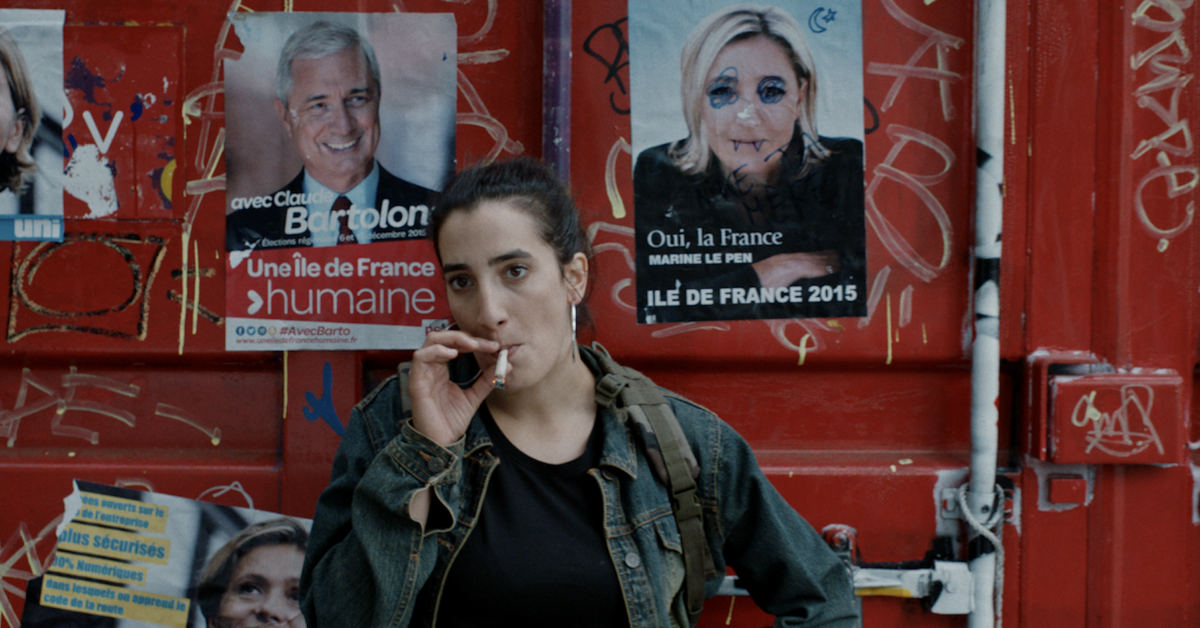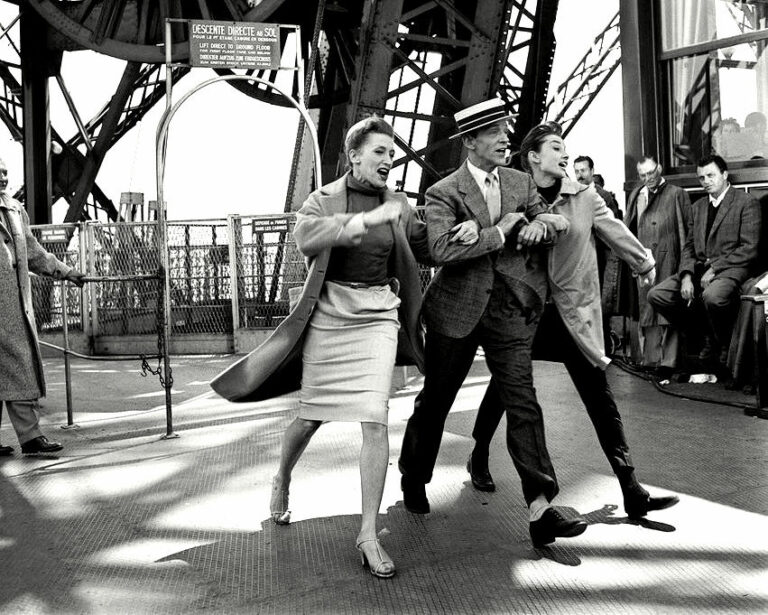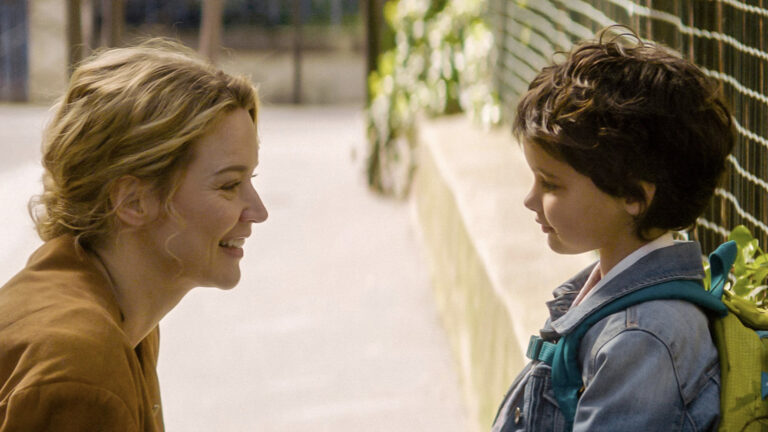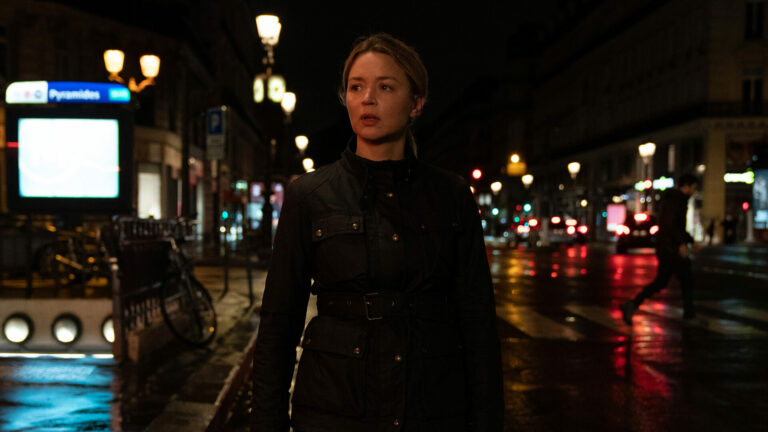Dina Amer was a journalist and associate producer of the award-winning documentary, The Square, in 2015 when the news of the Charlie Hebdo attacks hit the world like a fist. Two French Muslims had forced their way into the offices of the French satirical newspaper and killed 12 people. Six months later, Islamist terrorist attacks on the Bataclan theatre and two other Paris locations left 130 dead. When the media discovered that a woman, Hasna Aït Boulahcen, was involved in the attacks and falsely labeled her “Europe’s first female suicide bomber,” Amer, an Egyptian-American woman and a Muslim, got on a plane went to France. Amer was driven to tell Hasna’s real story, the story behind the headline. In researching the film executive-produced by Spike Lee, Spike Jonze, Riz Ahmed and Alma Har’el, Amer pieced together Hasna’s life from over 300 hours of interviews. The resulting drama shows what can happen when family and society fail to protect a child, and how poverty, discrimination, and abuse led one girl to the tragic end that would define her into perpetuity.
You Resemble Me begins in a lyrical daydream of childhood, with sisters Hasna (Lorenza Grimaudo) and Mariam (Ilonna Grimaudo) running free—and a bit wild—in identical dresses. After fleeing their abusive mother, they face hunger, exhaustion, and a world of potential dangers on the streets of Paris and its outskirts. But the two girls have each other. Then the system rips them apart. No longer called upon to protect her younger sister, Hasna’s identity splinters. Portrayed by three different actors (Mouna Soualem, Cabrina Ouazani and, eventually, the director, Dina Amer), adult Hasna doesn’t know who she is anymore. After years of struggling with dead-end jobs, drugs and a messy blur of men she can’t trust, she recognizes a favorite cousin in a newscast and allows herself to remember the free-spirited girl she used to be and starts to hope for a more meaningful life. She dreams of love, a family, and finally a sense of belonging.
But, instead, what follows is a series of bad decisions that lead to her tragic moment of infamy, when the world learns her name.
You Resemble Me debuted at the Venice Film Festival in 2021, followed by a whirlwind festival run. The film opens in New York on November 4 and Los Angeles on November 11, with a national rollout to follow. Andrea Meyer talked to Amer about her film, her passion, and the potential of art to save lives.
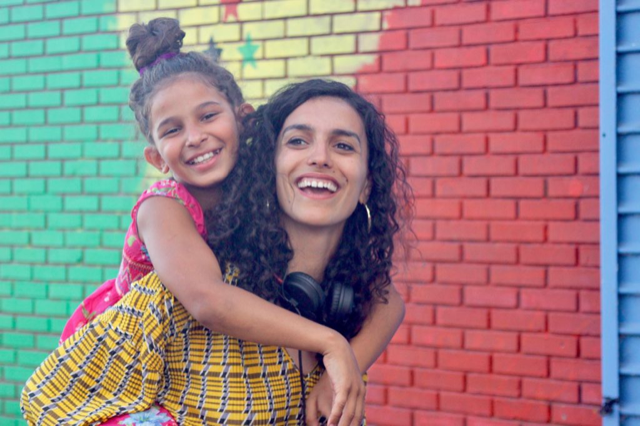
What initially drew you to this story?
It wasn’t really a choice. The Charlie Hebdo attack was all over the media. It was painful and difficult for me to watch, but this one image drew me in: a confrontation between a cop and a gunman outside the Charlie Hebdo offices. They were both Arab and Muslim, even though one was in a police uniform and the other was in a balaclava. I was really struck by that moment of recognition, of two men from the same neighborhood who found themselves on opposite sides, both willing to die to either protect Charlie Hebdo or to destroy it. That brought me down a rabbit hole. I started writing a script. I went to Paris. For me it wasn’t about terrorism, terrorism was just the backdrop. It was about this mirror between two men: Who were these human beings beneath their uniforms? Who were they as children, and how many degrees of separation existed between them? That really flung open the floodgates. I found my way into this story of people like me who were Muslim and Arab and whose parents had immigrated to the West, who at the core were struggling with their identity and their multi-hyphenated existence. It can make you feel quite schizophrenic.
Identity and struggling to belong became the major themes in the film.
That’s what made it feel so deep and personal. I mean, how in God’s name did I think I could go to France and make a film about this woman when I’m not French and I’m not even a fluent French speaker? Sometimes in life you have such clarity. You’re driven by pure passion and conviction. It’s not rational, but it’s necessary. I felt like it was necessary for me to unpack who Hasna really was. In doing so it was like I was unpacking something in my own soul that needed to be understood.
So, it was more Hasna than the terrorist attacks in France that captured your interest.
I never thought in a million years that I’d make a film about terrorism. To be honest, as a Muslim woman growing up post 9/11, it’s painful having to walk with the shadow of so-called Islamic terrorism lurking around your identity. I always had a lot of resentment toward these people at the center of the headlines, who were Muslim and carrying out violence in the name of so-called religion. Yet it wasn’t until I did an exchange program at Rikers Island in New York, one of the largest jails in the country, that I realized these incarcerated men had humanity beyond the crimes they had committed. I also had to face my own inability to see people from my community who had committed these heinous crimes as human beings, because I was so angry. I thought, if I’m saying the U.S. prison system is broken, I have to afford the same humanity and compassion to these people from my community. I need to at least understand who they were before they decided to go down this dark path.
How did you first learn about Hasna?
I was in NYC and I heard the news about the Bataclan attacks. I went straight to JFK and I was like, “Put me on any flight.” I was reporting for Vice News and went straight to the scene of the attack. We got word that the mastermind of the attacks was hiding out in St. Denis and there was a woman, his girlfriend-slash-cousin who had helped him find his hideout. All the media rushed to this apartment in St. Denis—and a bomb went off. I reported, just like every other journalist, that Hasna was the first female suicide bomber. It was fake news. I felt so terrible that I had contributed to this fake news cycle and also curious about who this woman was. Something about her didn’t quite add up. She was known to be this wild cowgirl roaming the streets of the ‘hood with cowboy boots and a cowboy hat, maybe drug dealing on the side, and in less than 10 months she became this other woman wearing a niqab who blew herself up in the center of one of the worst terrorist attacks to happen in Europe. How does that happen?
How did you meet Hasna’s family?
I went to her mother’s home. Her mother turned away everyone who showed up, except for me, because I reminded her of her daughter. She was like, “You laugh like her, you’re naïve like her, you remind me of her.” She had abandoned her daughter, so there was catharsis in letting me in. The following week I went to the morgue with her mother and met Mariam, her sister. The coroner was describing her body before we saw it, saying, “Her nose is decomposed… but her head is still attached.” It was dead quiet, and Mariam interjected, “Do you know where the body of my cousin [Abdelhamid Abaaoud, presumed mastermind of the attacks] is?” The coroner said “no” and she said, “You should find his body and feed it to pigs.” The coroner said, “We don’t judge here. We treat all bodies with respect,” and Mariam said, “You should judge, because he’s responsible for killing my sister and for killing 130 people. This body you say belongs to my sister, that’s not how I know my sister. If you want to know my sister, I’ll show you,” and she started showing pictures of Hasna on her iPhone, with her cowboy hat, taking a shot at the beach. “She was lost, she was confused and broken, but she couldn’t kill somebody.”
I was shellshocked, obviously. And then we went to see Hasna’s body behind this glass encasing. The French state wouldn’t allow the family to bury the body because she was evidence of the state. In Islam, it’s a religious requirement to immediately bury the body as the body must rest. Her family wanted to send the body to Morocco, but the king of Morocco said this woman is not a daughter of our country, she only brought us shame and we reject the body. Even in death, she didn’t have a home, and that was poetically tragic to me. It became my mission to allow the audience to see themselves in this broken woman.
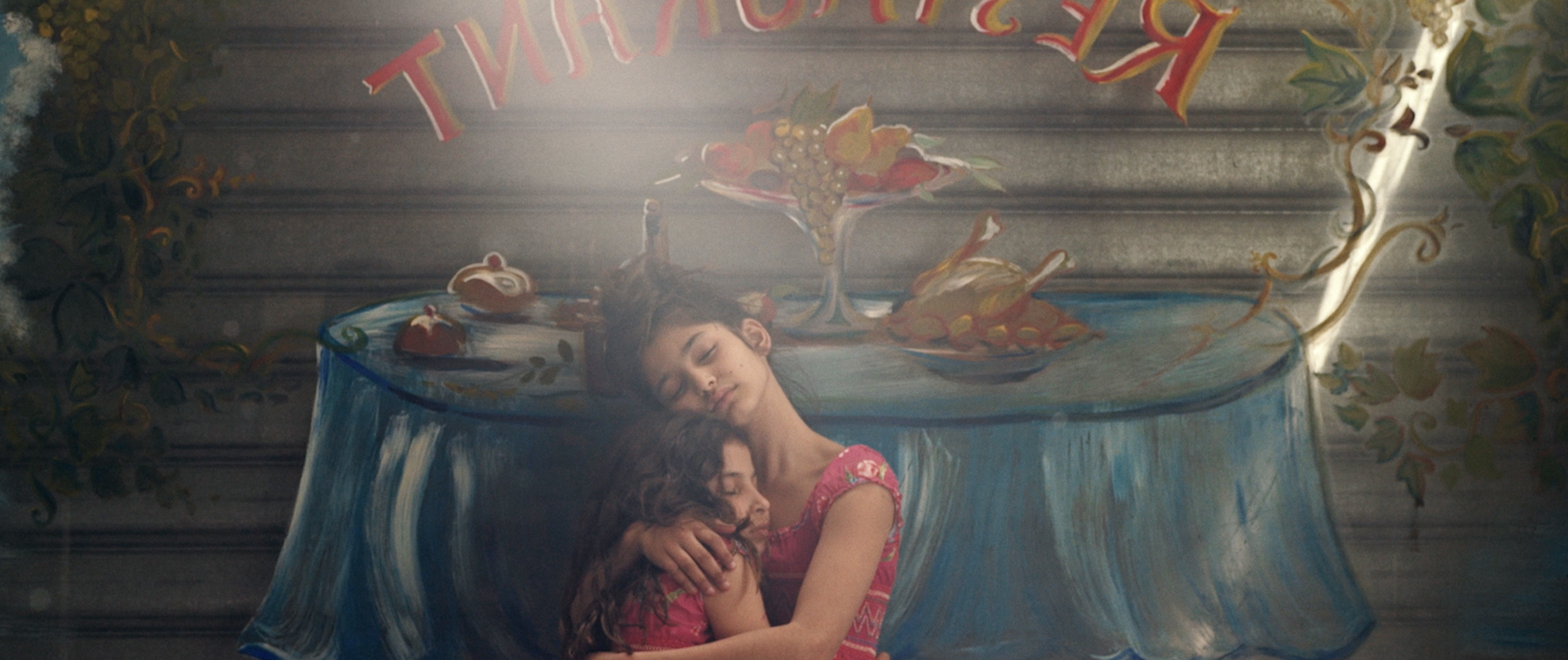
There’s such a sharp contrast between the childhood chapter—the beautiful young sisters in their matching dresses—and the adult piece when Hasna’s identity splinters. These scenes reminded me of lyrical childhood movies like George Washington and Les 400 Coups (The 400 Blows). How do you describe your filmmaking style?
There was an immediacy to the camera, where we wanted to be with the girls and feel the joy and the fun and the running around and how it’s their own world. They were on the street, they were facing danger, but they had each other, and together they could always find a way out. Then they are torn apart and everything fractures. For me, I will always be fascinated by real stories and I have to tell stories that are intimate.
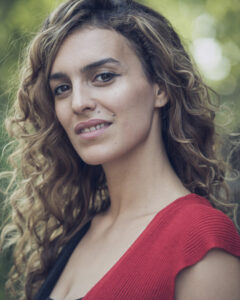
You are a reporter, and a documentary producer. What drove you to make this as a narrative film?
Documentary and the news have a responsibility to stick to the facts. News about this woman already exists. I want you to know her beyond the headlines and see her as a child, to also experience some of the joy. It wasn’t tragedy and heartbreak from the get-go. Once we read something in the news, we’re trapped by our judgements and preconceived notions and it doesn’t really move the needle forward. It stays in the same echo chamber of discourse, and I wanted to find a new space where we could start at the beginning of this woman’s life and meet her on her own terms and see what brought her to that choice that shocked the world and captured our attention. When a person’s needs, like a sense of belonging and a home, are not met, people can go down a darker path in life. This film was never made to justify her fascination with ISIS or her decision to help her cousin find a hideout. It was a desperate plea to talk about radicalization with more nuance, through a more human lens. By doing so, I think that we can stop other people from falling into the same traps. There are moments in life when someone is at a crossroads, moments when we night actually save someone from making a bad choice, and I believe art can do that. I believe art saves people’s lives.
Andrea Meyer has written creative treatments for commercial directors, a sex & the movies column for IFC, and a horror screenplay for MGM. Her first novel, Room for Love (St. Martin’s Press) is a romantic comedy based on an article she wrote for the New York Post, for which she pretended to look for a roommate as a ploy to meet men. A long-time film and entertainment journalist and former indieWIRE editor, Andrea has interviewed more actors and directors than she can remember. Her articles and essays have appeared in such publications as Elle, Glamour, Variety, Time Out NY, and the Boston Globe.

